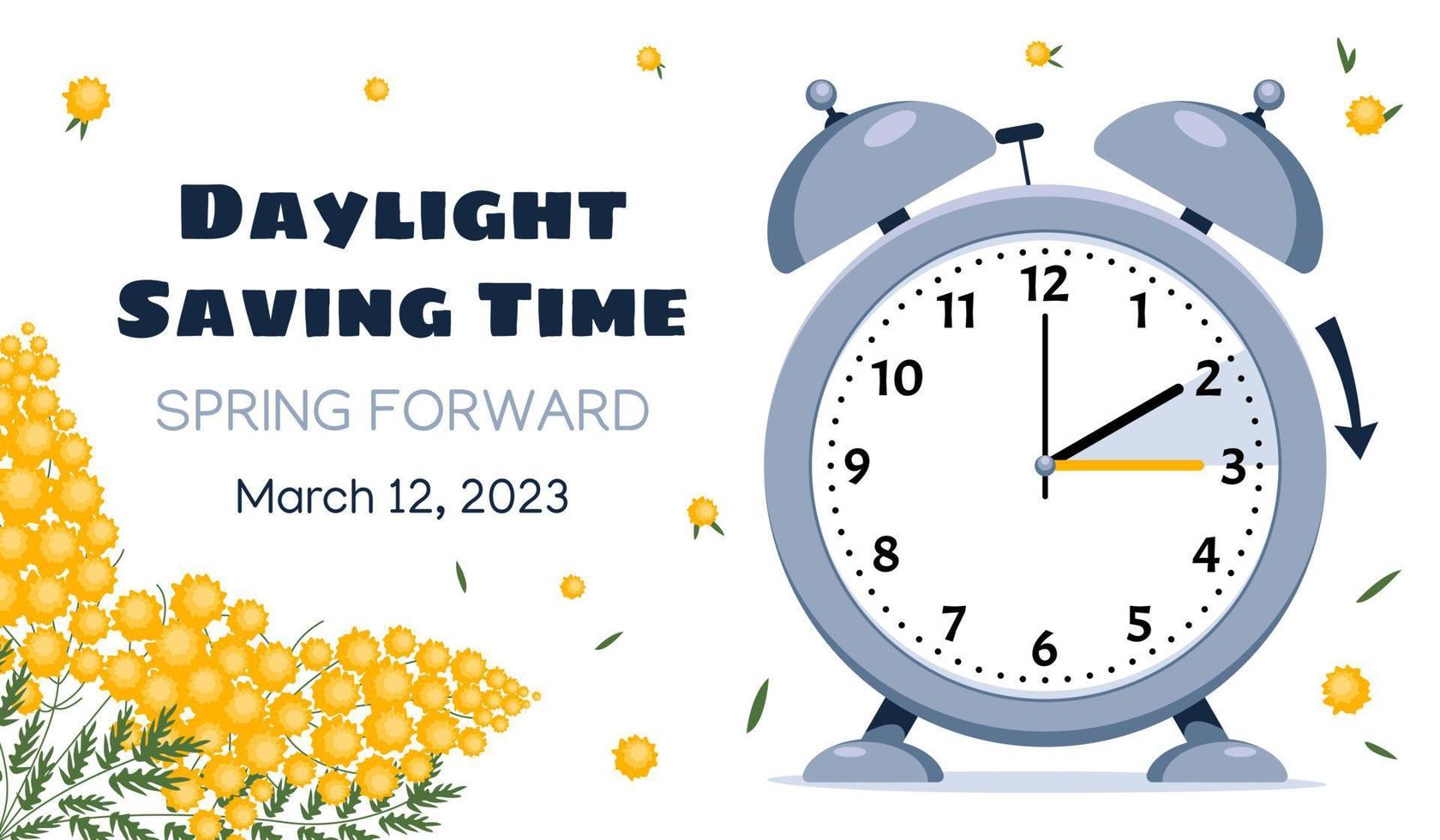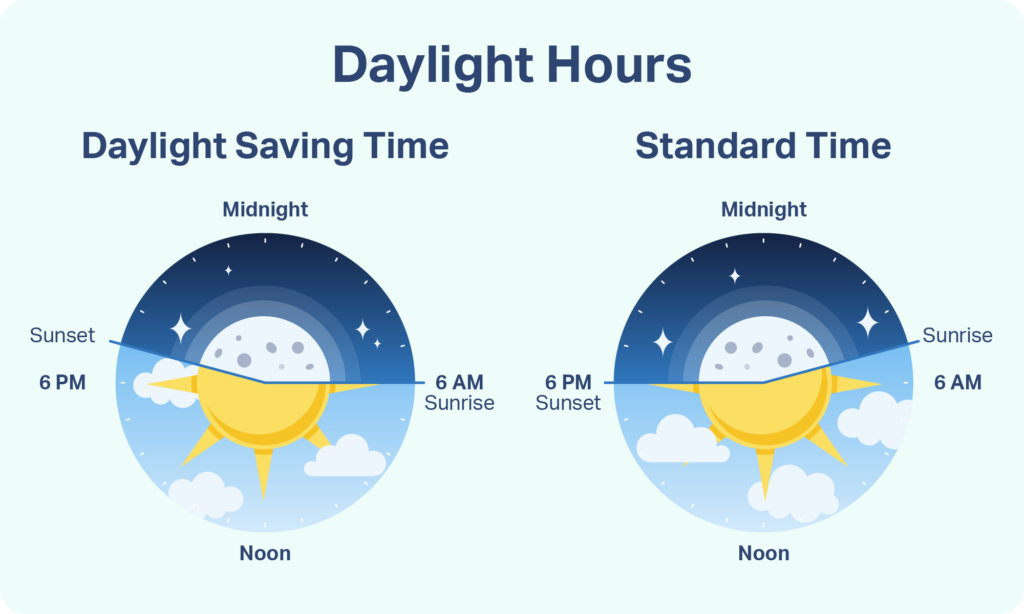Time is a fascinating construct that governs our lives in many ways. One of the most frequently asked questions about time is, “How many weeks are there in a year?” While this might seem like a straightforward question, the answer is layered with nuances that are worth exploring. In this article, we will delve into the intricacies of weeks in a year, shedding light on various aspects that influence this calculation.
Key Takeaways

- A standard year comprises 52 weeks and an extra day.
- A leap year has 52 weeks and two extra days.
- The Gregorian calendar, which is widely used today, influences the number of weeks in a year.
- Understanding weeks in a year is crucial for planning and time management.
How Many Weeks in a Year?
When we talk about how many weeks are in a year, the most straightforward answer is 52 weeks. However, this answer only scratches the surface. A calendar year consists of 365 days, and when you divide this by 7 (the number of days in a week), you get 52 weeks and 1 day. This additional day is what makes the calculation a bit more complex.
The Role of Leap Years
Every four years, we experience a leap year, which adds an extra day to the calendar, making it 366 days long. This adjustment is necessary to keep our calendar year synchronized with the astronomical year or the time it takes Earth to complete one orbit around the Sun. In a leap year, when you divide 366 days by 7, you get 52 weeks and 2 extra days.
Why the Extra Days Matter
These extra days are significant for several reasons. They affect how the calendar aligns with the days of the week. For instance, if a year starts on a Monday, the next year will start on a Tuesday (or Wednesday in a leap year). This shift impacts everything from annual planning to how we celebrate holidays.
The Gregorian Calendar’s Influence
The Gregorian calendar, introduced by Pope Gregory XIII in 1582, is the calendar system most of the world uses today. Its design is to ensure that the calendar year remains in harmony with the Earth’s revolutions around the Sun. This calendar is the reason we have leap years and the extra days that come with them.
Historical Context
Before the Gregorian calendar, the Julian calendar was used, which had its own way of handling leap years. The transition to the Gregorian calendar was a significant shift that required some countries to skip several days to realign with the new system. This change aimed to correct the drift that had occurred over centuries due to the Julian calendar’s inaccuracies.
Practical Implications of Weeks in a Year
Understanding how many weeks are in a year is essential for various practical applications. From business planning to academic scheduling, knowing the number of weeks helps in organizing time effectively. Here’s how different sectors utilize this knowledge:

Business and Finance
In the business world, many companies operate on a fiscal year that may or may not align with the calendar year. Understanding the number of weeks in a year helps businesses plan quarters, set budgets, and forecast financial performance. It also aids in scheduling payroll and other periodic financial activities.
Education

Academic institutions rely on the yearly calendar to plan semesters, holidays, and examination periods. Knowing the exact number of weeks helps in creating a balanced schedule that accommodates learning, breaks, and assessments.
Personal Planning
On a personal level, understanding the weeks in a year can aid in setting goals, planning vacations, and organizing personal projects. It allows individuals to create timelines that are realistic and achievable.

So, how many weeks are in a year? While the simple answer is 52 weeks, the presence of extra days in both regular and leap years adds a layer of complexity to this seemingly straightforward question. The Gregorian calendar plays a crucial role in how we measure and perceive time, ensuring that our calendar remains aligned with the Earth’s orbit.
Understanding the nuances of time can greatly enhance our ability to plan and manage both personal and professional aspects of life. Whether you’re scheduling a project, planning a vacation, or simply curious about the passage of time, knowing how many weeks are in a year is a fundamental piece of knowledge that can guide your decisions.…





















